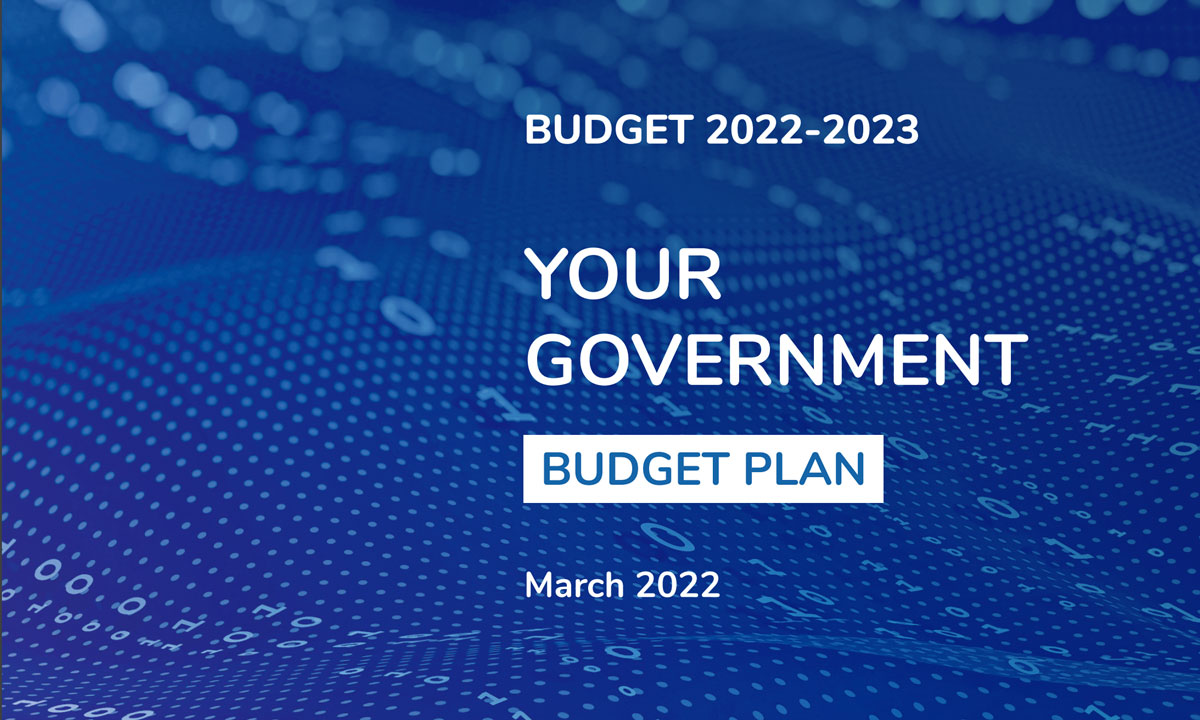
Quebec rebates for electric vehicles have been reduced, while more funding is being provided for charging stations and to help support the development of minerals for EV batteries, according to the province’s 2022-2023 budget report.
The report shows that Quebec’s Roulez vert program will cover the period of 2022‑2023 to 2026‑2027, pulling funding from the Electrification and Climate Change Fund. The program provides rebates when purchasing several types of EVs, as well as when buying and installing charging stations at home, at work, and in multi-unit buildings.
The government announced that the maximum rebate granted for the purchase of and EV under the Roulez vert program as of April 1, based on its revision of the maximum rebate “according to the evolution of the market,” will be:
- $7,000 for new fully electric vehicles (originally $8,000);
- $5,000 for new plug-in hybrid vehicles (originally ranging from $500-$8,000); and
- $3,500 for used fully electric vehicles (originally $4,000).
“This adjustment reflects the reduction in additional costs of electric vehicles on the market relative to comparable internal combustion models, while encouraging the acquisition of vehicles with greater electric range and GHG emission reduction potential,” said the government in its report.
They add that details regarding these EV rebates, for the period after fiscal year 2022-2023, will be announced at a later date. Additional information for dealers and manufacturers is available on the government’s website.
The Government of Quebec will also implement other actions to boost EV adoption. As part of its 2022-2023 budget, Montreal will receive $117.2 million to finance “concrete measures” to fight climate change. One of those measures will be to deploy 800 public EV charging stations. Quebec City will receive funding as well, to install 95 stations.
And close to $1.5 billion will be set aside in the budget to support innovation and research, such as the development of minerals and innovation in the mining sector. The government said it is setting aside an additional $15 million over three years to increase the support offered in the “piloting and demonstration of processes and processing designed to make optimal use of CSMs (critical and strategic minerals).”
“This initiative will speed up the completion of mineral transformation projects in Québec and foster the development of the industries necessary for energy transition, including renewable energy and battery (manufacturing),” reads the report.
The full report is available here.










